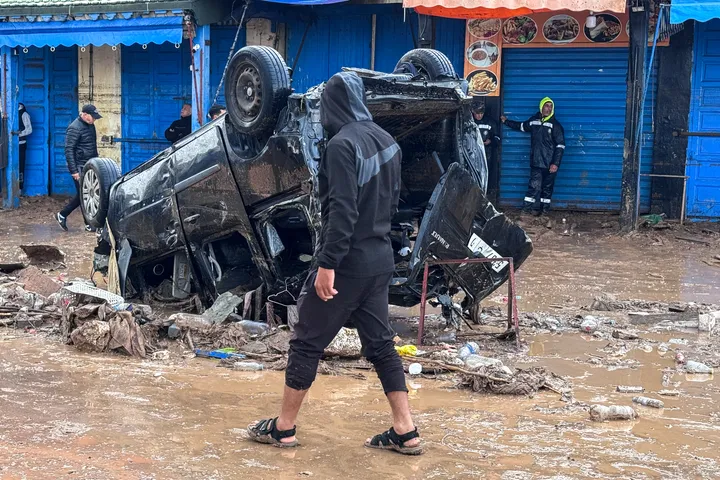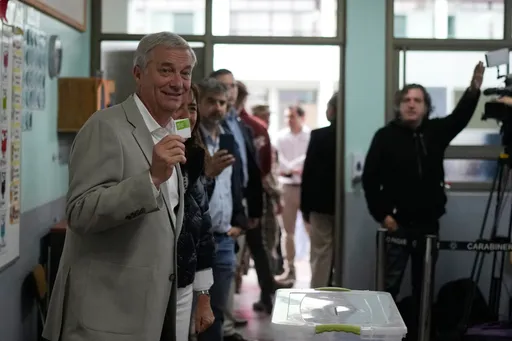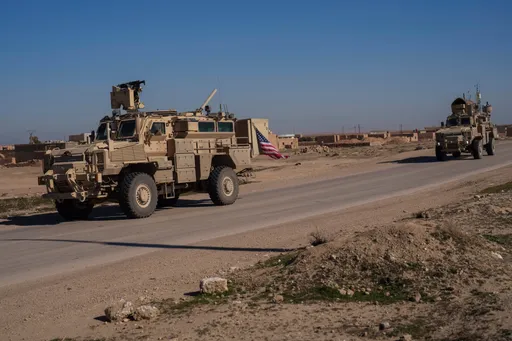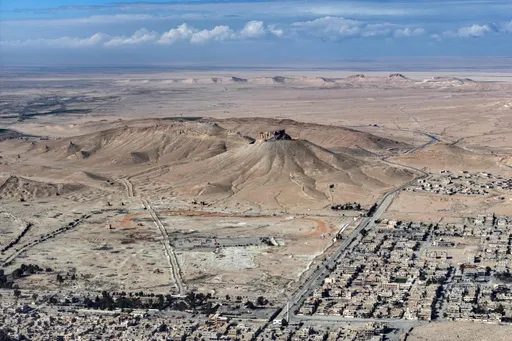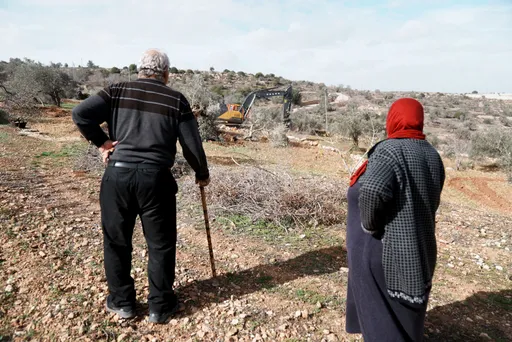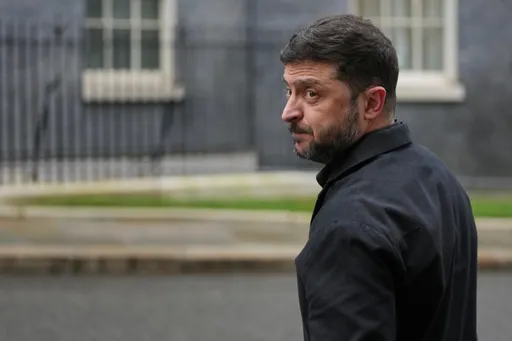The top diplomats of India and the United States have pledged to expand their multilateral security partnership, underscoring the deepening of ties between the two countries concerned over China's growing influence in the region.
US Secretary of State Antony Blinken and Indian Foreign Minister Subrahmanyam Jaishankar met in New Delhi on Wednesday and sought to strengthen a regional front against Beijing's assertiveness in the region and their cooperation in Afghanistan.
They also lauded each country's help in fighting the coronavirus and said their vaccine partnership is an effort to end the pandemic.
"There are few relationships in the world that are more vital than one between the US and India. We are the world's two leading democracies and our diversity fuels our national strength," Blinken said at a joint news conference.
READ MORE: Blinken in India for talks dominated by China, Afghan crisis, human rights
Bulwark against China
Washington has made no secret of the US desire for India's help in isolating China. The two countries have steadily ramped up their military relationship and signed a string of defence deals.
The US and India are part of the Quad regional alliance that also includes Japan and Australia and focuses on China's growing economic and military strength.
Asked about China taking umbrage at Indo-pacific security cooperation and the Quad, Jaishankar told the news conference, "For groups of countries to work together is not strange.... People need to get over the idea that somehow other countries doing things is directed against them."
Blinken's India visit comes just days after the No 2 US diplomat, Wendy Sherman, was in China.
Blinken was to meet Indian Prime Minister Narendra Modi later on Wednesday.
READ MORE: The future of China-US relations
Blinken meets representative of Dalai Lama
Blinken also met a representative of the Dalai Lama in New Delhi, a move likely to anger Beijing, which considers the Tibetan spiritual leader a dangerous separatist.
Blinken met briefly with Ngodup Dongchung, who presented him with a scarf from the Dalai Lama, a senior State Department official said. Dongchung serves as a representative of the Central Tibetan Administration (CTA), also known as the Tibetan government in exile.
"The Dalai Lama obviously is a globally revered spiritual leader and so the gesture was gratefully received and appreciated," said the official, who briefed reporters on condition of anonymity.
The meeting was one of the most conspicuous contacts between US and Tibetan officials since ex-president Barack Obama met the Dalai Lama in Washington in 2016.
China's Foreign Ministry did not immediately respond to a request for comment.
Afghanistan, civil liberties in India
Blinken said he and Jaishankar also discussed regional security issues including Afghanistan, where the US is expected to complete its military withdrawal in August.
Before meeting with Jaishankar, Blinken spoke to civil society leaders and said fundamental freedoms and rule of law are "tenets of democracies" like the US and India.
Blinken issued a veiled warning about Indian democracy backsliding.
Rights groups say civil liberties and the space for dissent are under increasing attack under Modi's right-wing government.
READ MORE: Afghanistan would be ‘pariah state’ under Taliban takeover




